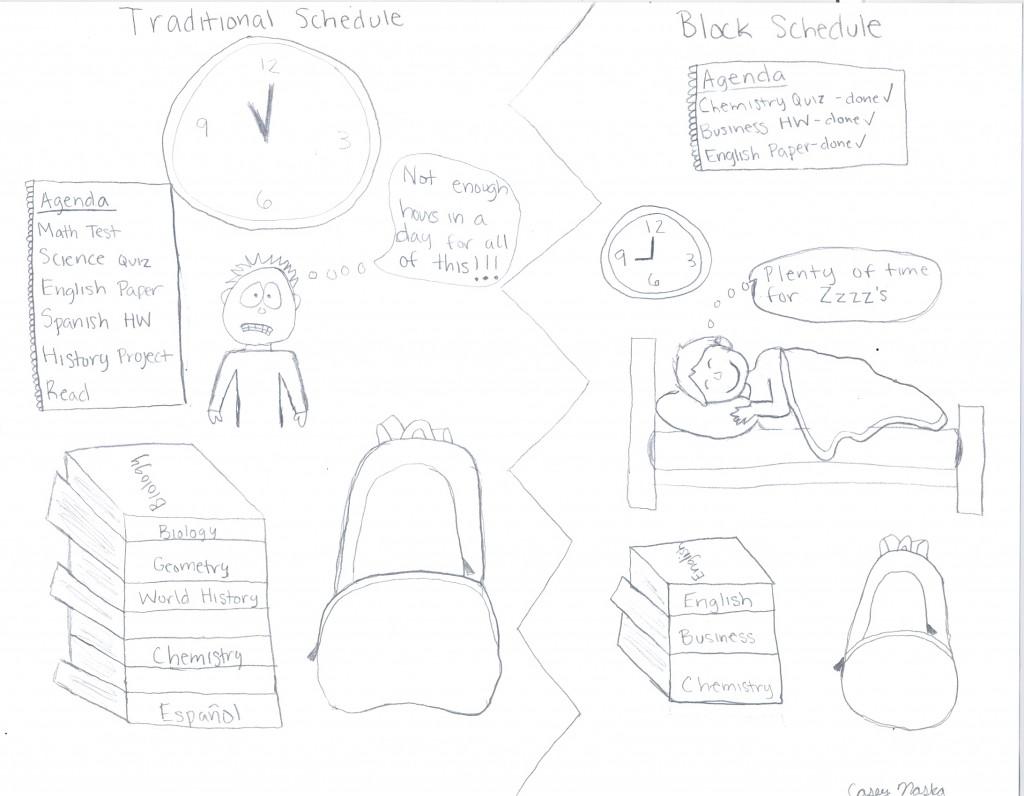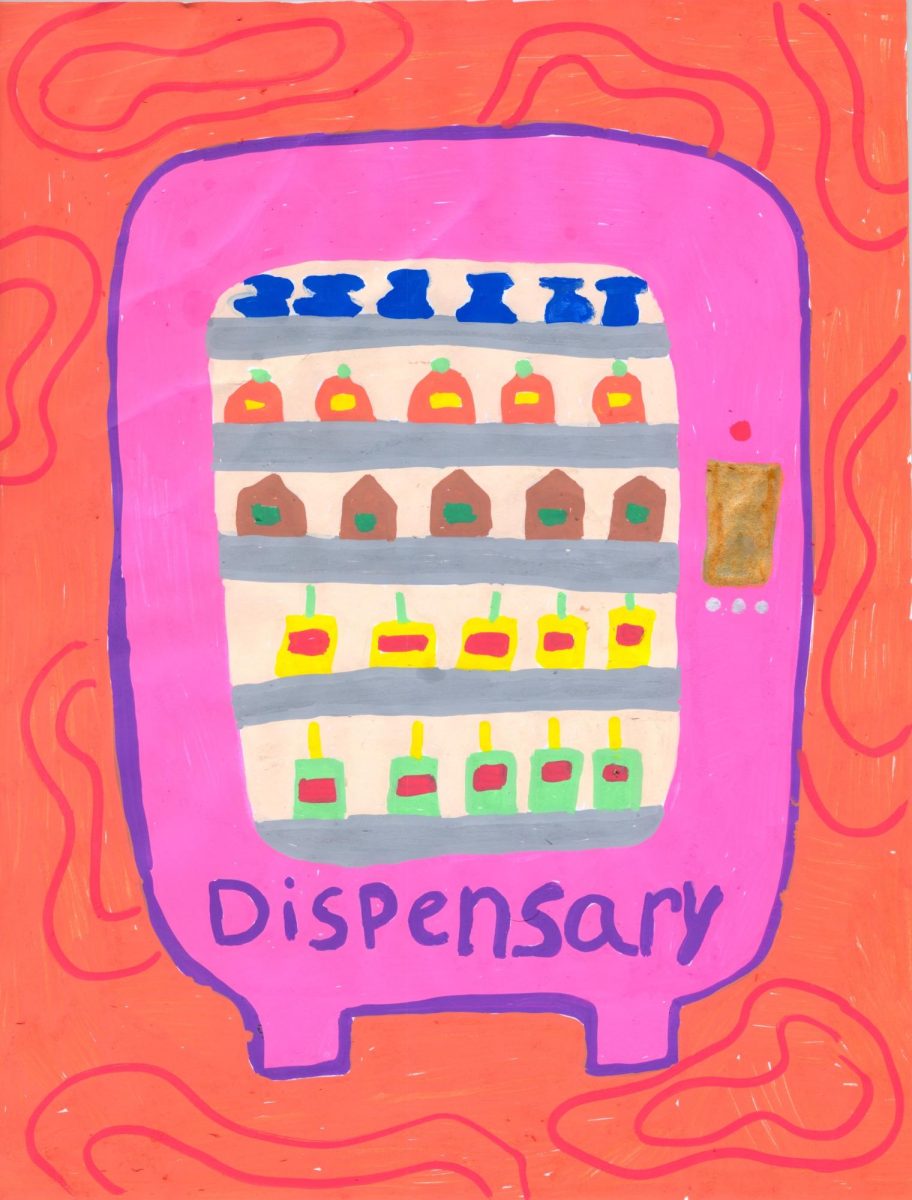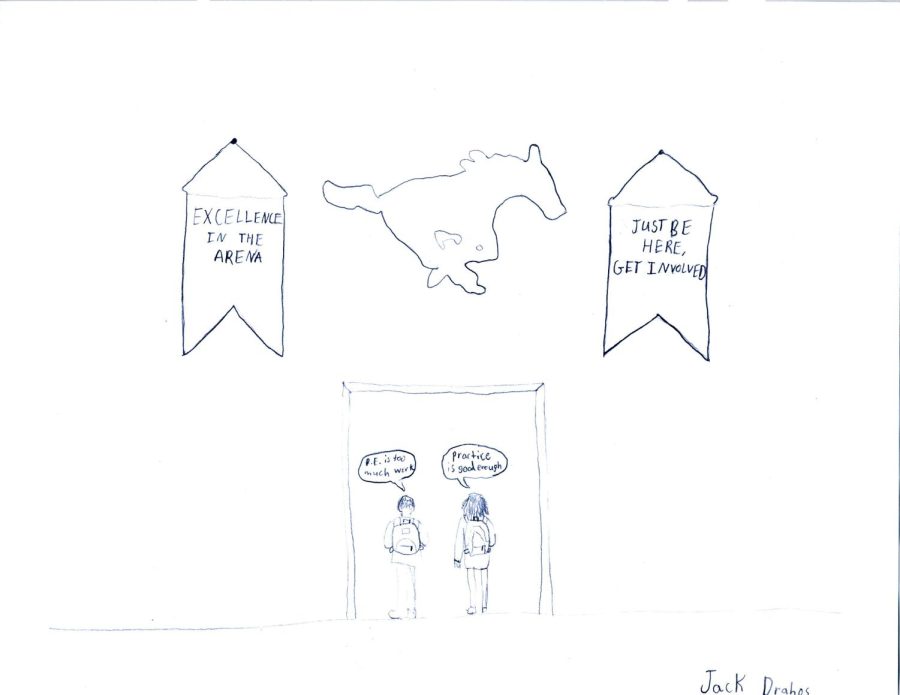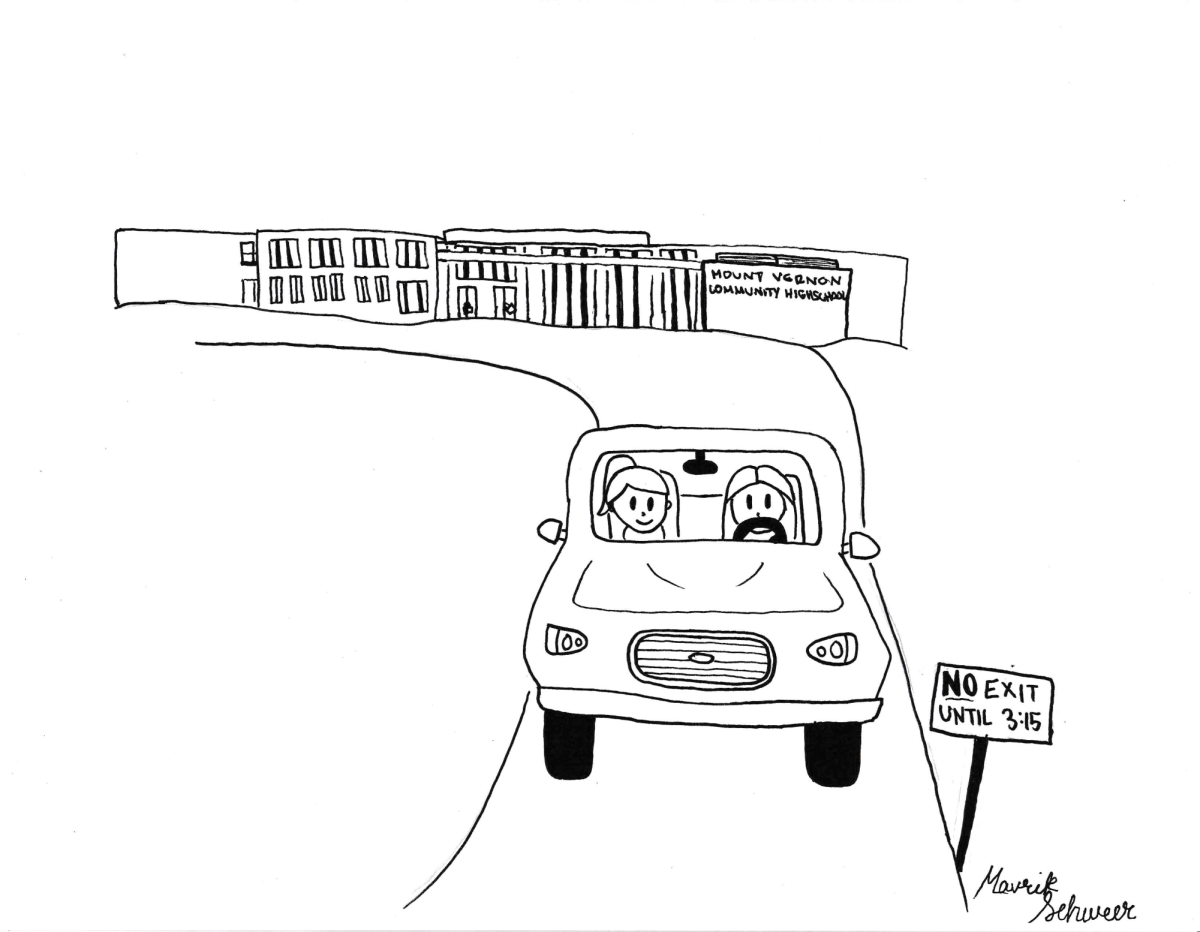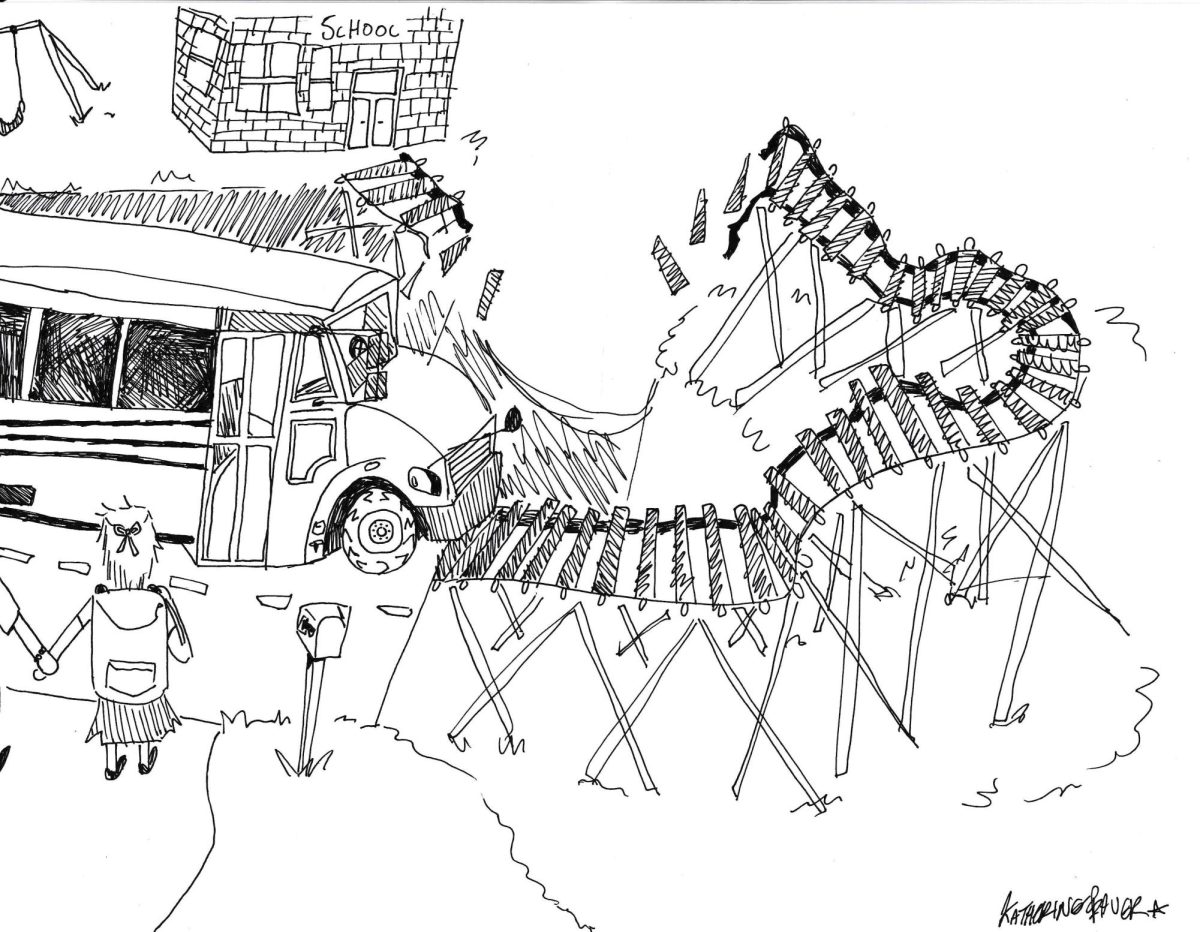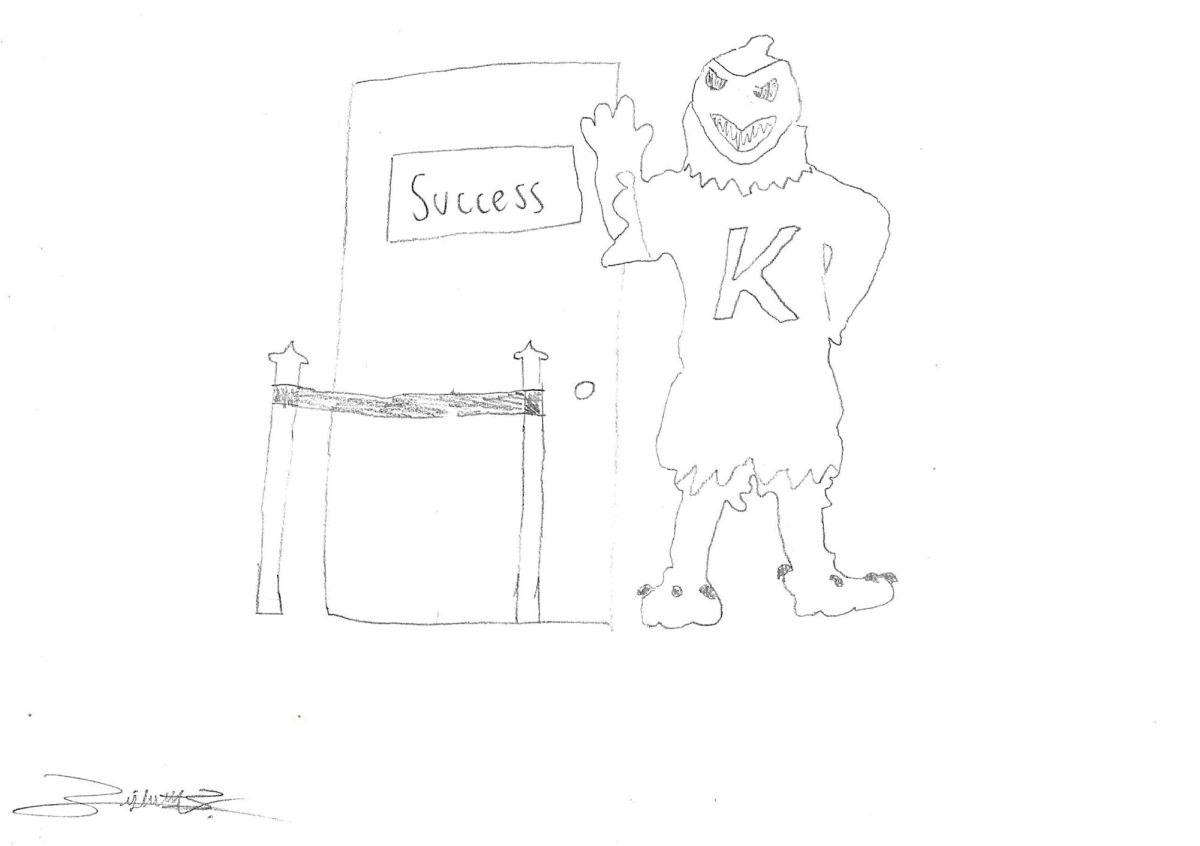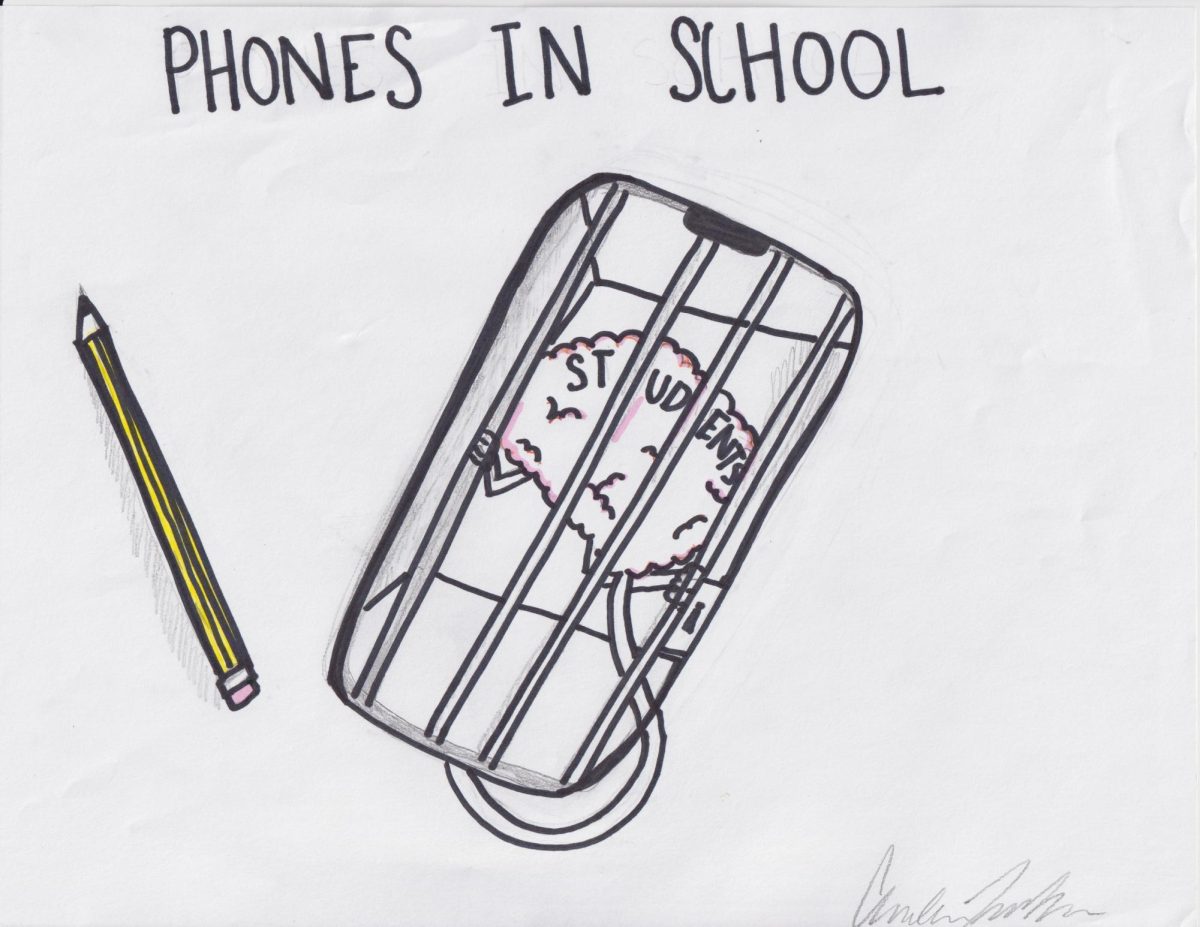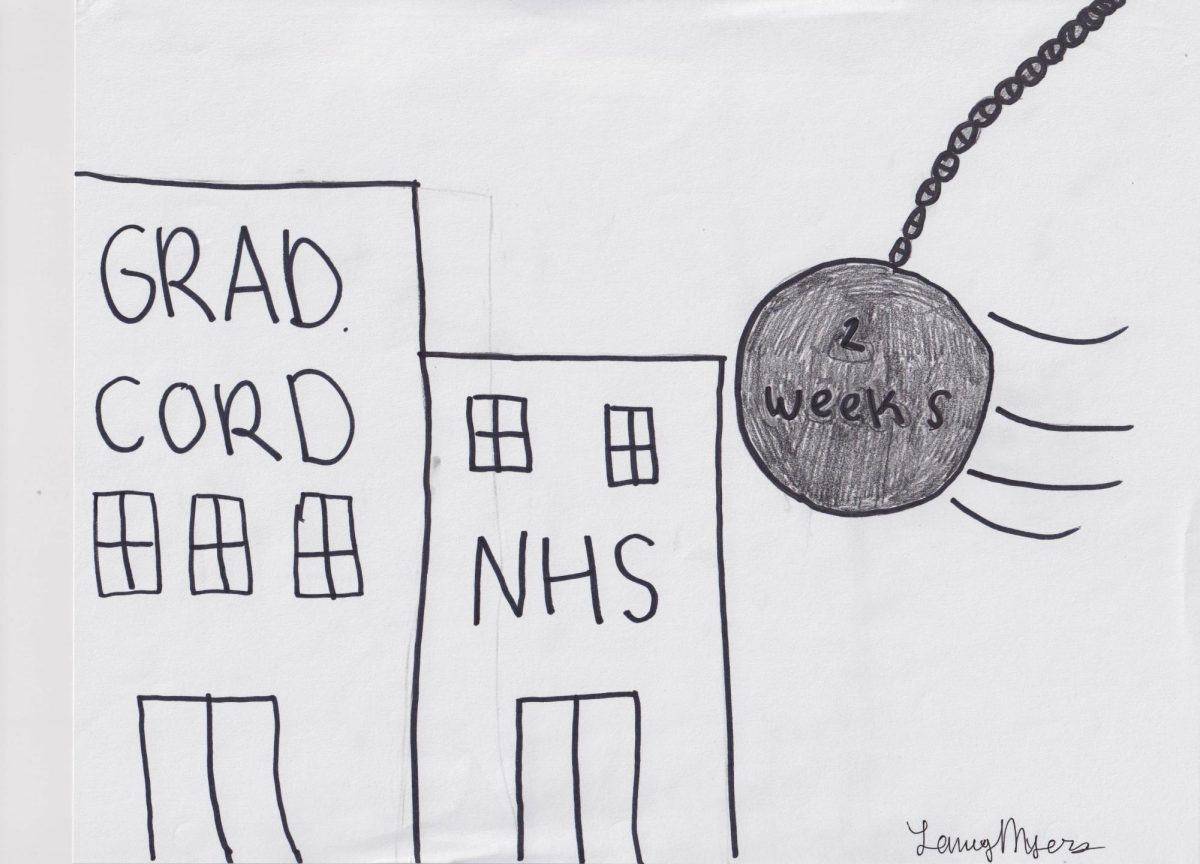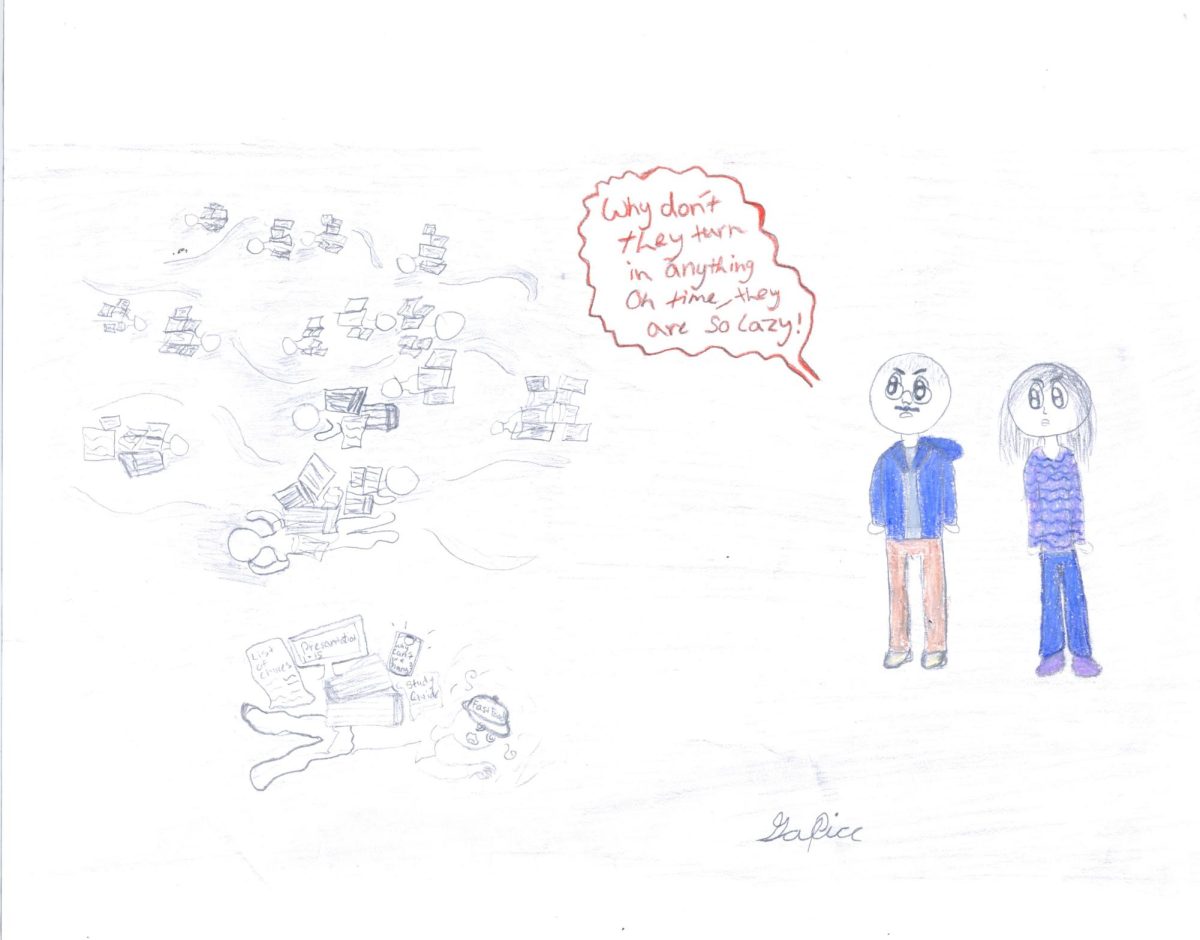By Casey Noska
I have often wondered what it would be like if our class schedule was based on a block system rather than a normal seven period day. Traditional seven period school days can present too little time spent in each class and too much work for students to keep up with every day. While the students and teachers at Mount Vernon have never known anything other than the seven period day, I think there would be many advantages to making the switch to the block system.
Block schedules and traditional school days have very distinct differences. Don’t get me wrong, seven period days do have their advantages, but the block schedule would work better for both students and teachers. One benefit of using the block schedule is that students would only have four classes every semester and eight every school year. This is a significant advantage because it offers a more manageable schedule by only having to focus on those four main classes instead of what can be a grueling seven. Using the block system would also eliminate the possibility of having multiple tests, quizzes, projects, and papers all transpiring on the same day. Teachers would benefit by having to prepare less since they would also have fewer classes to teach.
Another reason why the block schedule would work better is because of the amount of time you would spend in each class every day. On a block system, you would spend about 90 minutes in each class which gives you more time to go over the homework in depth. You would also receive more instruction time that is not rushed, like it often is in the traditional school day, where classes only last 45 to 50 minutes. A benefit to teachers would be that since they have to teach fewer classes, they would typically have less students. This is good for students because they could get more one on one time, and it is also good for teachers because they could focus on individual students’ needs.
Just like any other dilemma, there are some negative aspects of block scheduling. One drawback could be that a student might take a core class the first semester one year and not have another core class in the same subject until the second semester the following school year. It would be harder to retain the knowledge over such a long time span, whereas in our traditional school day we take all of the core classes all year long. However, just like after summer break, it does not take long for students to pick up where they left off. Because of the longer and more in depth class periods in a block schedule, it would also be more difficult to catch up if you were absent. On the other hand, students would only have to make up assignments from four classes rather than seven. The downfalls of a block system are not outweighed by the positives of the traditional school day.
Ditching the traditional school day and beginning to use the block system schedule at Mount Vernon High School would lead to many advantages both students and teachers would benefit from.
